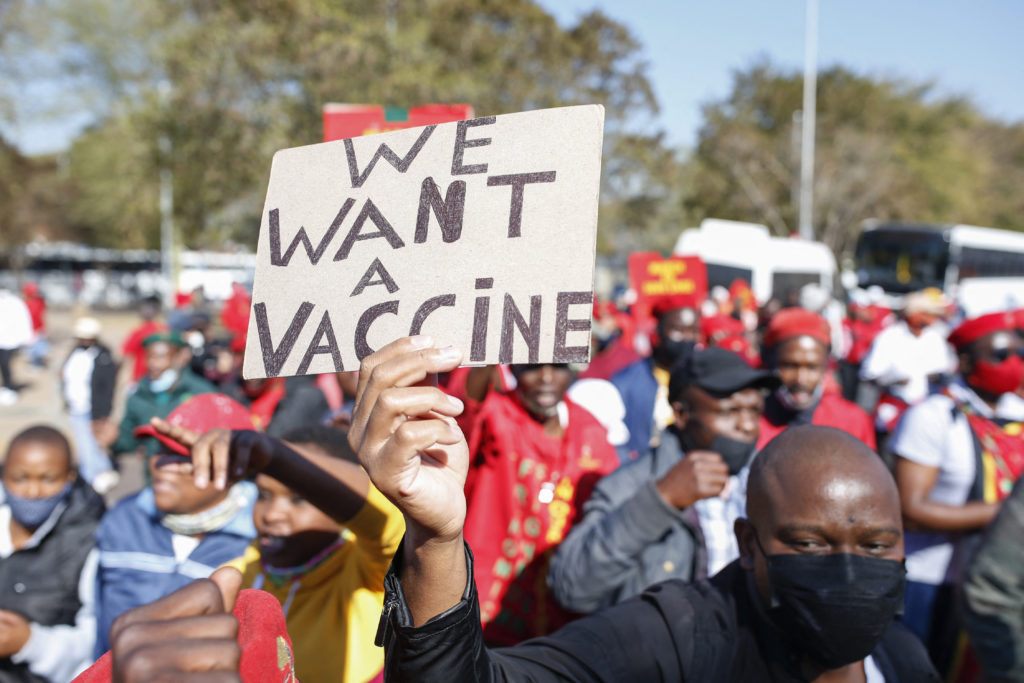“Health is a political choice” has become a well-known slogan. But what happened to “health is a universal human right”?

“Health is a political choice.”
“Universal health coverage is a social contract.”
I’ve been working with these slogans for a number of years, and have been thinking about them a lot recently. The words choice and contract are intended to imply agency, and also counterfactuals. If you do not invest in health, you are making a political decision as a leader not to prioritise this. If you do not work towards UHC, you are choosing to leave parts of society behind. I’ve always liked the implication of agency in these slogans.
If you have been following this blog for a while, you will know that I have become increasingly concerned about populism, political polarization, the rise of extreme right-wing movements – and also war. I’ve been tearing out my hair why so few health and global health colleagues speak out on these issues, and how most organizations have just continued their (technical or financing) business as usual.
It has made me wonder whether “political choice”, and “contract” are also interpreted as being “optional” for those of us working on health. I don’t think that was the intention of those using these slogans (and never has been for me when I’ve used them for leadership articles or speeches), but looking at most of the health community these days, I feel like something has gone wrong.
At a time when we as a health and global health community should be shouting from the rooftops to defend health and well-being of all people, most people are silent. There’s a knee-jerk reaction that has happened to “stick to the technical”, which is what most of the current health community seems to feel most comfortable with.
When health as a basic human right is being trampled on, and simply ignored (Universal Declaration of Human Rights, anyone?), health is no longer a political choice – it has become fully apolitical. It’s a product, innovated and accessible to some, maybe through some market shaping or donations to a few more people. But a right, something political that we as human beings have the right to demand, for ourselves, for every single human being on this planet? Hm…
I’m sick and tired, often disgusted, most often depressed, at how there are wars raging, bombs are falling on civilians and hospitals, yet our health and global health system fills my social media feeds with “the next innovation” and “let’s be optimistic about this next silver-bullet launch” messages. There are exceptions, and those people keep me going, but there are only a few.
Rajat Khosla and I argue in this new BMJ article that it is our responsibility as a health and global health community to protect human rights and civic space. It’s our plea to see health not as something technical, optional, but as something inherently political. It’s not a choice. It’s a basic, universal human right, enshrined in a commitment humanity made after World War II: a commitment to “never again” dehumanize populations or people.
Health is not a political choice. It is not a contract. It is one of the most basic human needs. And it is a right. It’s time to reclaim the narrative. And it’s far beyond time that the health and global health communities see defending this right as their main responsibility.
Pingback: Take a stance on me… (Or: How global health is sleepwalking into the next crisis) | Katri Bertram